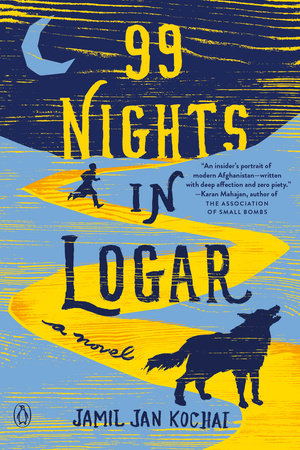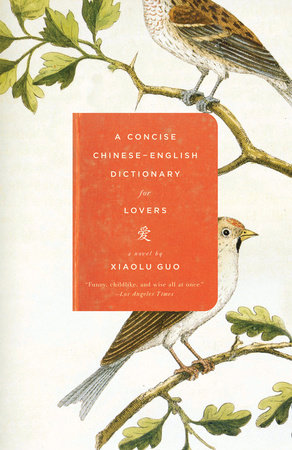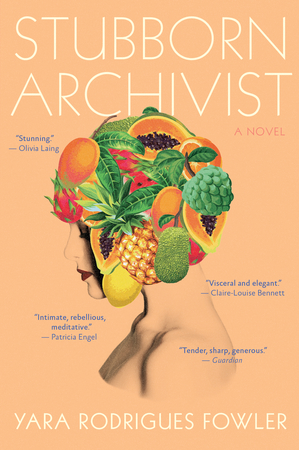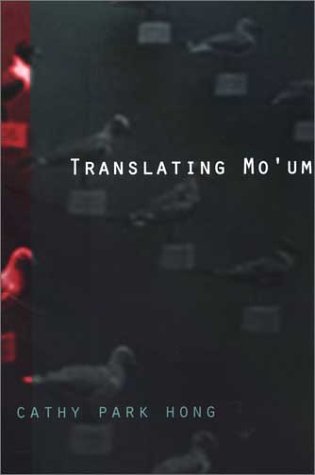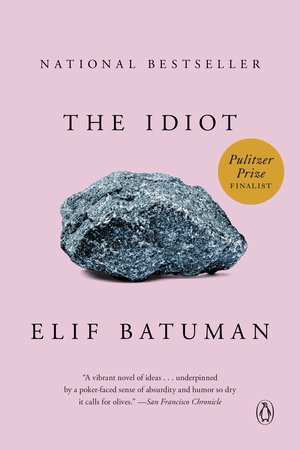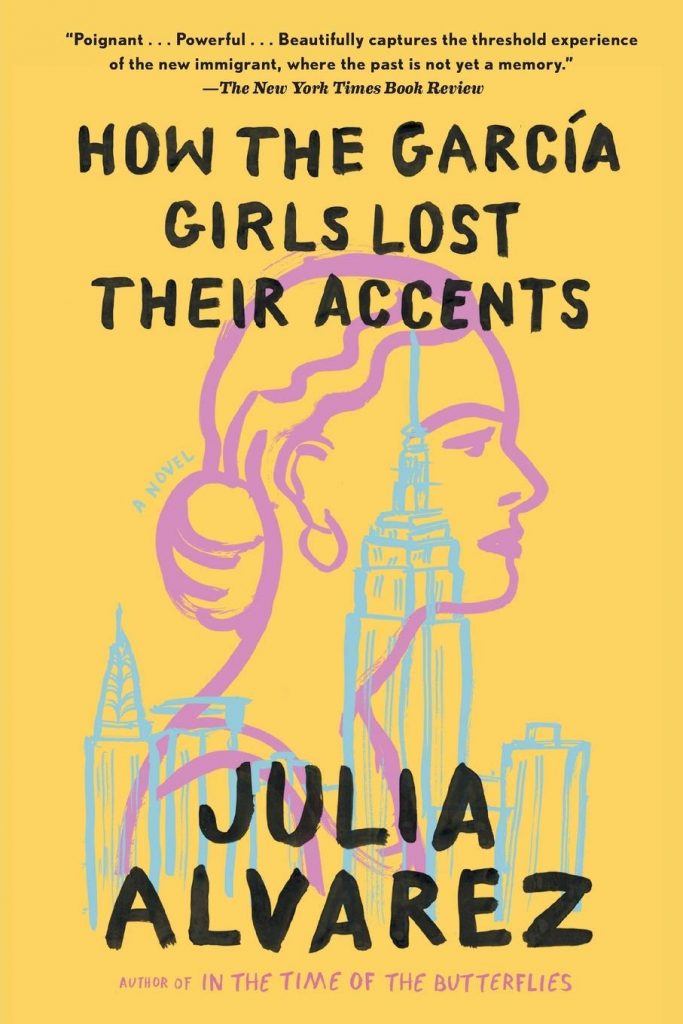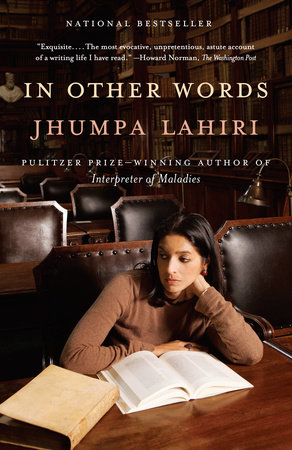Nothing defines the immigrant, mixed-race, or otherwise multicultural experience better than having to navigate between two or more languages. It’s not just about what languages you speak; it’s about how you speak—what accents and dialects you use, what slang words you can throw around on a night out. Language can provide crucial insight into how a community or relationship functions; at the same time, it can be the very thing that marks you as “different.”
“Lost in translation” has long become a trope. But in our rapidly globalizing world, perhaps it’s time to turn the cliché on its head and ask: what is found in translation? How can we value translating—the state of being suspended and traveling between multiple landscapes, headspaces, and languages—as its own entity? What can we learn from the boundaries of language, and how do we blur those lines? Ultimately, the issues of translation and language point to an overarching question about the human condition: can we ever truly understand one another? Here are seven books that explore the limits of language—from playful to poignant, each has a unique take on what it means to live in (or between) multiple languages and continents.
99 Nights in Logar by Jamil Jan Kochai
In Kochai’s debut novel, twelve-year-old Marwand, who has grown up in the U.S., returns with his family to their hometown in Logar, Afghanistan. Kochai’s prose is scattered throughout with various dialects and languages, such as Farsi and Pashto, some of which are left untranslated. Through Marwand’s eyes—and headspace of fluctuating languages—Kochai concocts a tale that is both a youthful adventure and a heart-wrenching look at Afghanistan’s war-torn history.
A Concise Chinese-English Dictionary for Lovers by Xiaolu Guo
Zhuang, or “Z,” is a young woman from rural China who has just moved to London for her studies. She falls rapidly into a relationship with an older British bachelor, and is thus inspired to write her own “Chinese-English Dictionary for Lovers.” Guo’s book, formatted as Z’s diary entries, begins each chapter with a new English word that Z has learned. While Z’s English grammar and vocabulary improve throughout the course of the novel, Z learns that speaking the same language as your lover does not always lead to better understanding.
Stubborn Archivist by Yara Rodrigues Fowler
A young British Brazilian woman’s navigation of her mixed identity, Fowler’s debut novel merges poetry and prose, Portuguese and English, oral and written traditions. Fowler’s nonlinear narrative follows her narrator through her adolescence in South London, interspersed with trips back to Brazil, her mother’s homeland. The narrator—indeed a stubborn archivist—looks for, excavates, and grapples with her family heritage, while trying to gain a better understanding of her own body and dual cultures.
Translating Mo’um by Cathy Park Hong
This debut collection of poetry is a searing reflection on language as a visceral experience, contorting both English and Korean. Hong writes, “The mute girl with the baboon’s face unlearned / her vowels and cycled across a rugged phonestic map.” The phonetic map created in this collection travels through many eras and places—ranging from an immigrant family’s home in the U.S., the Chos’on Dynasty, New York streets, and 1800s London. Throughout, Hong rejects sentimentality and explicitly calls out Oriental fetishism; she emerges with a fragmented, multilingual exploration of Korean American identity.
The Idiot by Elif Batuman
No reading list about the limits of language would be complete without The Idiot. In Batuman’s bestseller, Selin, a Turkish American student at Harvard, becomes obsessed with what we can and cannot convey through language. Through a series of cryptic emails, Selin falls in love with a boy from her Russian class during her freshman year. He convinces her to teach English abroad in his home country, Hungary, for the summer. Sprinkled with eccentric Russian textbooks and semiotic lectures, Selin’s coming-of-age story inextricably connects first love with linguistics.
How the García Girls Lost Their Accents by Julia Alvarez
Alvarez’s debut novel tells the story of the four García sisters in reverse chronology and shifting perspectives, as they immigrate from the Dominican Republic to the U.S. Their attempt to assimilate into American society is deeply connected to language; for example, Yolanda García tries to “perfect” her English as a way to form a new identity. As the sisters navigate religion, tradition, and sexuality, Alvarez raises thought-provoking points about the globalization of English, and the cultural capital that it holds.
In Other Words by Jhumpa Lahiri, translated by Ann Goldstein
A series of personal essays entirely in Italian certainly wasn’t the next work expected from Jhumpa Lahiri, a prizewinning author of Anglophone novels. Lahiri traces the journey of her love affair with Italian, beginning with a pocket-sized dictionary and resulting in a cross-continental move to Rome with her entire family. She not only documents the exhausting process of learning a new language, but also reflects on the linguistic tensions of being an immigrant, growing up in a Bengali-speaking household in the U.S. “No one, anywhere, assumes that I speak the languages that are a part of me,” Lahiri writes. Finding a new voice takes on a new meaning, in her memoir that is formatted in both Italian and English.

